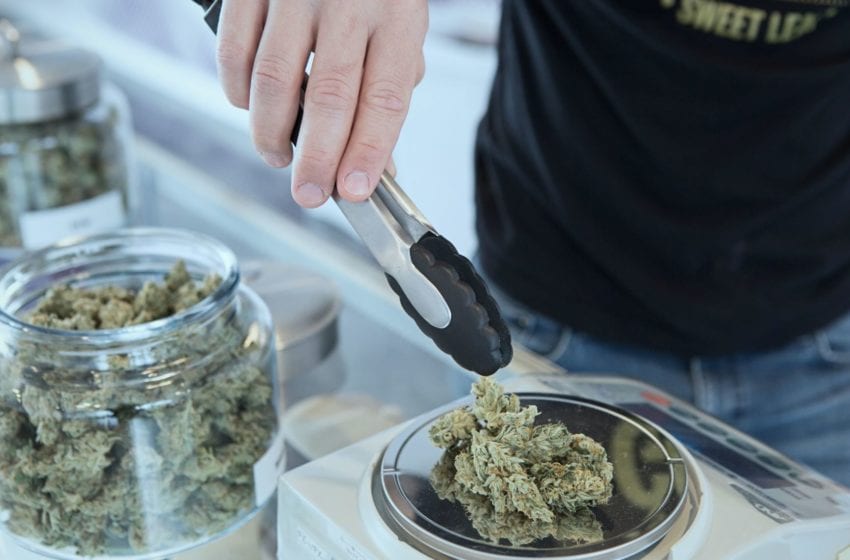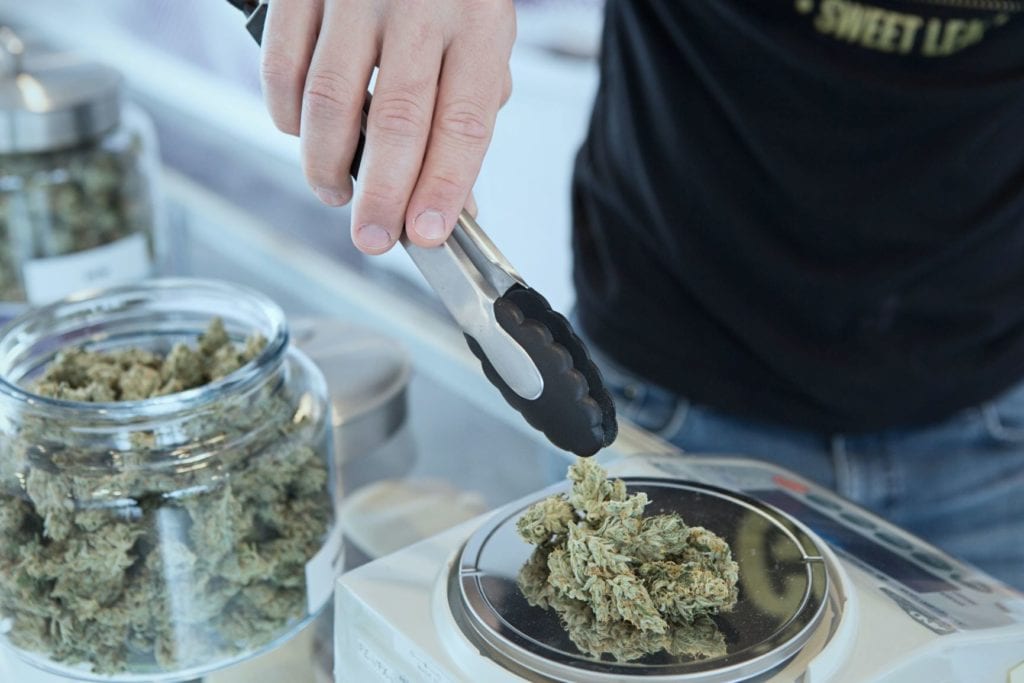
Nicotine can help battle Covid-19, according to new research. A Spanish study found that the drug that can be found in vapor products can be an effective tool in stopping coronavirus in its most virulent phase.
Researchers at the University of Castilla-La Mancha, working with the public hospitals of Alcazar de San Juan, Avila and Salamanca, made the discovery. According to the study, while smokers are more vulnerable to catching Covid-19 due to damaged and weakened lungs, less of them end up in hospital or ICUs compared to non-smokers.
Researchers say this is because the nicotine in their system can act as an inhibitor, stopping Covid’s cytokines from inflaming the lungs, which often proves fatal. The study analyzed patients across the three hospitals during the peak of the pandemic, according to a story on politicopathy.com.
Investigators discovered that there were far fewer numbers of habitual smokers than expected. This, the study suggests, is because the chemical can prevent a so-called cytokine storm, which can lead to respiratory failure and the attack of healthy tissues, causing multi-organ failure.
Several other studies, including in Israel, the U.S. and the U.K., have also suggested that nicotine could be beneficial in fighting the virus. “Nicotine has effects on the immune system that could be beneficial in reducing the intensity of the cytokine storm,” said Dr. Konstantinos Farsalinos, from the University of West Attica, Greece, writing in Internal and Emergency Medicine in June.
“The potential benefits of nicotine…. could explain, at least in part, the increased severity or adverse outcome among smokers hospitalised for COVID-19 since these patients inevitably experience abrupt cessation of nicotine intake during hospitalization,” says Farsalinos. “This may be feasible through repurposing already approved pharmaceutical nicotine products such as nicotine patches.”




















